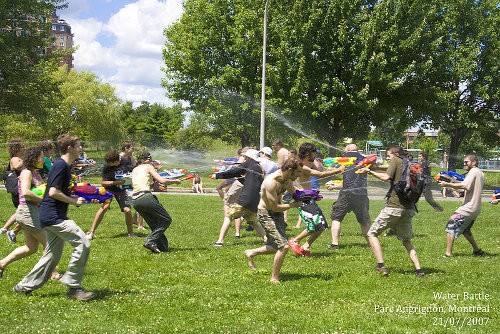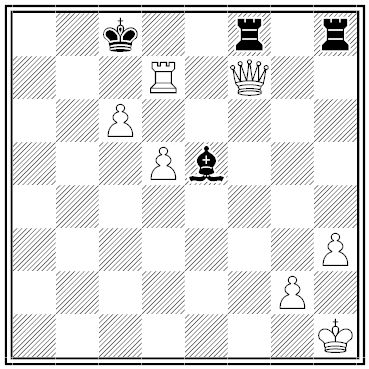
When Benjamin Franklin was 7 years old he was charmed by the sound of a whistle owned by another boy, so he went to a toy shop and volunteered all his money for one. He played it all over the house, annoying his family, until they told him that he had paid four times its price. At that he cried with vexation, and “the reflection gave me more chagrin than the whistle gave me pleasure.”
For the rest of his life, Franklin recalled this episode as a warning to reckon the cost of every attainment:
When I saw one too ambitious of court favor, sacrificing his time in attendance on levees, his repose, his liberty, his virtue, and perhaps his friends, to attain it, I have said to myself, this man gives too much for his whistle.
When I saw another fond of popularity, constantly employing himself in political bustles, neglecting his own affairs, and ruining them by that neglect, ‘He pays, indeed,’ said I, ‘too much for his whistle.’
If I knew a miser, who gave up every kind of comfortable living, all the pleasure of doing good to others, all the esteem of his fellow-citizens, and the joys of benevolent friendship, for the sake of accumulating wealth, ‘Poor man,’ said I, ‘you pay too much for your whistle.’
When I met with a man of pleasure, sacrificing every laudable improvement of the mind, or of his fortune, to mere corporeal sensations, and ruining his health in their pursuit, ‘Mistaken man,’ said I, ‘you are providing pain for yourself, instead of pleasure; you give too much for your whistle.’
If I see one fond of appearance, or fine clothes, fine houses, fine furniture, fine equipages, all above his fortune, for which he contracts debts, and ends his career in a prison, ‘Alas!’ say I, ‘he has paid dear, very dear, for his whistle.’
When I see a beautiful sweet-tempered girl married to an ill-natured brute of a husband, ‘What a pity,’ say I, ‘that she should pay so much for a whistle!’
“In short,” he wrote, “I conceive that great part of the miseries of mankind are brought upon them by the false estimates they have made of the value of things, and by their giving too much for their whistles.”






